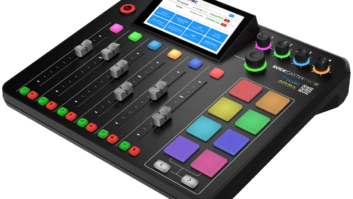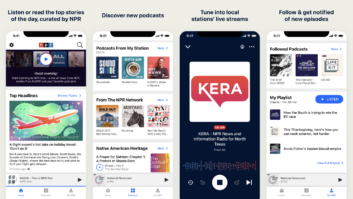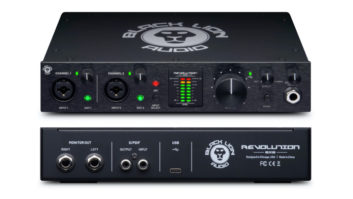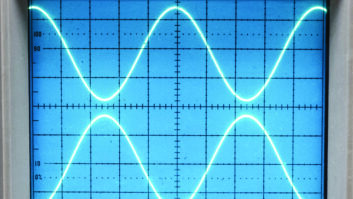
NPR has been awarded $15,000 through the Journalism 360 Challenge to explore audio virtual reality.
The call for applicants opened March and resulted in 800 applications, which were winnowed down to 11 winners and announced July 11 in an article on the Knight Foundation’s website. NPR and the other media organizations have been given grants to explore projects that use virtual reality and other new ways to engage audiences.
For the Journalism 360 Challenge, the Knight Foundation has partnered with Google News Lab and the Online News Association to promote “the use of virtual reality and other immersive storytelling approaches in the field of journalism.” The idea was sparked by a Knight Foundation report from last year, which indicated “an opportunity for journalists to use virtual reality and immersive storytelling tools to connect with audiences and change how people interact with news and information.”
In total, $285,000 will be handed out to projects that the Knight Foundation and its partners believe will help to “bolster the collective understanding of how new forms of immersive storytelling can meet the changing information needs of communities and individuals, and strengthen the future of journalism.”
Nicholas Michael will serve as the project lead for NPR’s project entitled “Spatial and Head-Locked Stereo Audio for 360 Journalism.” The team will produce “two virtual reality stories with a particular focus on sound-rich scenes.” The project will also require them to “explore, test and share spatial audio findings” in order to cultivate “best practices for immersive storytelling audio.”
Another audio idea submitted to the challenge came from Virtual Collaboration Research Inc., which submitted “Voxhop,” a tool that’s pitched for the creation of “audio-driven virtual reality stories.” They say it will enable “journalists to upload, generate or construct a three-dimensional environment and narrate the scene from multiple perspectives.”
Three winners are from outside the United States — New Cave Media is based in Ukraine, the University of British Columbia is located in Vancouver and The Outliers Collective is from Barcelona. On the other hand, both Virtual Collaboration Research Inc. and the MIT Future Ocean Lab are headquartered in Cambridge, Mass., and the Washington Post and NPR are both located in Washington.
All are tasked with using the grants to develop their ideas and then exchange best practices for virtual, augmented and mixed reality, 360 video and other new technology.












